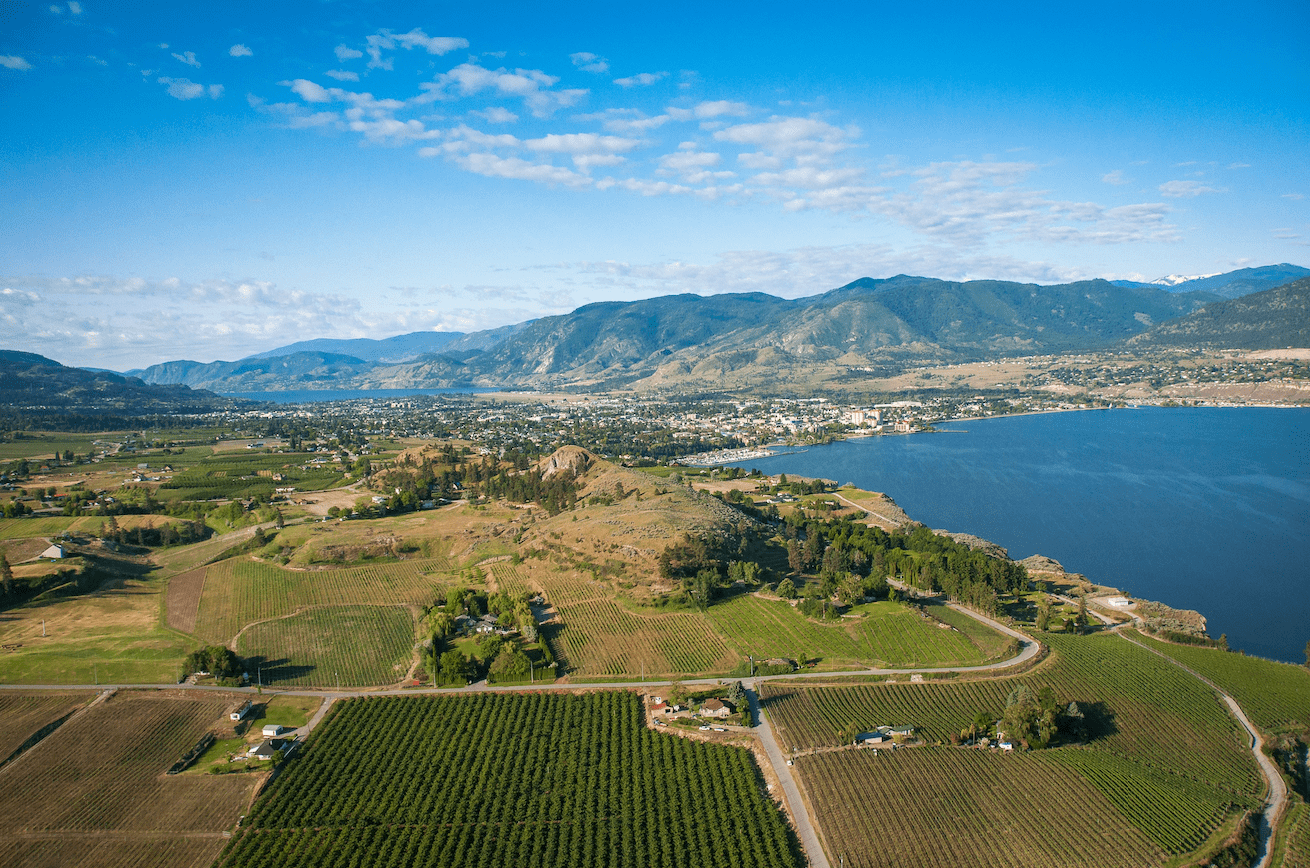KELOWNA – Last month I wrote about points for candidates to ponder prior to the federal election, and the impact of Canada’s – and the world’s – declining economic numbers. Now, only a few days into August, the election has been called and we’re all hyper-focusing on the issues a good month before we had planned to do so.
We’re hosting a Federal Candidates Breakfast here in Kelowna September 25, for our members. We know it will sell out. The questions are unknown at this point, but likely will focus on the economy, parliamentary decision-making, and accountability, judging from what we hear of local issues.
I’m hoping to hear questions containing a word I’ve used a lot so far this year: Jobs.
Jobs are always a top issue in a federal election, but with this shaky economy, it’s fast becoming the number one priority. Even with recent poor economic news, the Canadian labour market has held up well, adding an average of 20,000 jobs per month since the beginning of 2015. In fact, Canada added a rip-roaring 59,000 jobs in May. While we were all braced for poor numbers for June, in fact, we ended up even: losses and gains balancing out to zero growth. BC continues to add jobs, even though there is noticeable job migration back to central Canada. Add in the continuing weakness of the Loonie and oil prices, and the outlook remains very mixed.
Let’s try to make sense of this.Primarily, how the election may affect jobs creation, and what the individual candidates are saying. Opposition parties have made much of the recent bad news: in the first quarter, Canada’s GDP shrank by 0.6 per cent, exports tumbled 5.6 per cent and corporate profits fell by 14 per cent as the drop in oil prices slammed the Canadian economy.
Where are new jobs coming from in the midst of economic uncertainty? Our regional differences are as stark as ever. Now lower oil prices and a weaker Loonie have flipped the numbers from central Canada to the “outliers” such as BC.There are now 25,000 fewer jobs in the Alberta oil patch, but there are some indicators that the worst may be behind us. Oil prices semi-stabilized in June, but as of August 13, Western Canadian Select suddenly hit $23.48 (again, it was $86/barrel in June 2014).Even in June of this year, it was $51.
Martin Pelletier with TriVest Wealth, which operates a Canadian energy investment fund, says “there is some shock and awe to see WCS pricing so low, under $23.” Pelletier expects the price to rebound as market pressures stabilize.
Is this an issue for the candidates in the election?
Well, yes. The diving prices affect employment, exports and production costs. Oilsands producers now are just able to cover variable costs, and if producing high amounts, are losing money on each barrel.
Oilsands projects are likely safe – for now – exploration and drilling costs have been scaled back, and you don’t stop a project mid-exploration, as analysts say. But the impact on jobs is severe.
However, the political parties are missing the big picture by focusing so heavily on jobs in manufacturing and natural resources because together they account for just 11 per cent of the labour force. The overwhelming majority (78 per cent) of Canadian employment is in the service sector and recently it’s been the fastest growing part of our economy.
Services are a poorly understood grab bag of different occupations. It’s sometimes perceived as low-paying because it includes retail and restaurants, but there are also scientists, engineers, lawyers and financiers.
Over the past year, Canada’s fastest job growth has been in sectors like business and support services (up 4.5 per cent compared to last year), education (up 4.1 per cent), finance and insurance (up 3.5 per cent) and professional, scientific and technical (up 1.7 per cent), while retail has barely budged (0.3 per cent). And the gains in high-end services employment are spread right across the country.
With the election looming, we would love to hear a candidate say: “we need highly specialized skills to compete and succeed in the service economy. That’s why we must invest in Canadian education and training to make it the best in the world.”
On September 25, we’re using some exciting new software called Pigeonhole to ensure real-time audience participation at our candidate’s forum.Fingers crossed for it to give us a true reflection of the technological excellence we’re all striving to embed in Canadian business growth with the next government.
– Caroline Grover is the CEO of the Kelowna Chamber of Commerce. She can be reached by email at caroline@kelownachamber.org.

